These reflections are a result of more than 40 years of ministry as a Roman Catholic priest. Most of these years I spent in the Diocese of Charlotte which covers Western North Carolina. Now I am retired, and live in Medellín, Colombia where I continue to serve as a priest in the Archdiocese of Medellín.
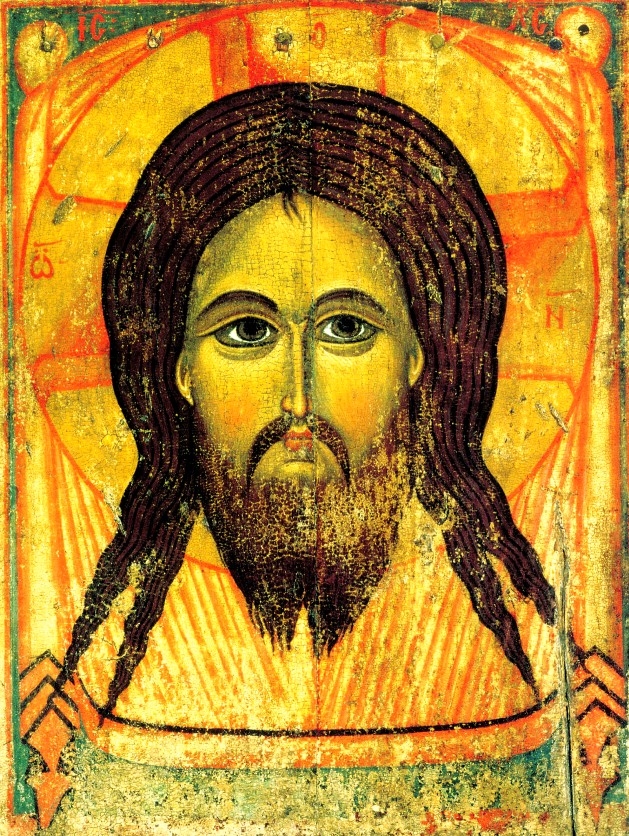
The ones (who had won the victory) were holding God’s harps, and they sang the song of Moses, the servant of God, and the song of the Lamb: “Great and wonderful are your works, Lord God almighty. Just and true are your ways, O king of the nations. Who will not fear you, Lord, or glorify your name? For you alone are holy. All the nations will come and worship before you, for your righteous acts have been revealed.” (Rev 15:1-4)
https://bible.usccb.org/bible/readings/112322.cfm
The Book of Revelation is filled with hymns and reflects the musical legacy of the early church. These wonderful hymns remind us that whether we can sing or not, all of us can make a joyful noise before the Lord.
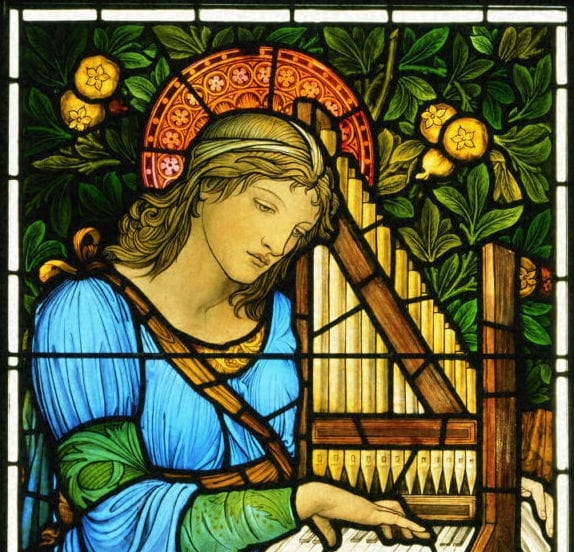
Then another angel came out of the temple in heaven who also had a sharp sickle. Then another angel came from the altar, who was in charge of the fire, and cried out in a loud voice
to the one who had the sharp sickle, “Use your sharp sickle and cut the clusters from the earth’s vines, for its grapes are ripe.” So the angel swung his sickle over the earth and cut the earth’s vintage. He threw it into the great wine press of God’s fury. (Rev 14:14-19)
https://bible.usccb.org/bible/readings/112222.cfm
Today’s reading gave rise to the phrase, “the grapes of wrath,” a phrase used very effectively in the Civil War anthem, The Battle Hymn of the Republic, and in the title of John Steinbeck’s famous novel, The Grapes of Wrath. At times we forget that God is not mocked, that there will be a judgment, not just the judgment of history, but a divine judgment, and we will have to answer for “what we have done, and what we have failed to do.” Saint Cecilia is the patron saint of church musicians. Today is the 59th anniversary of the assassination of President John F. Kennedy.
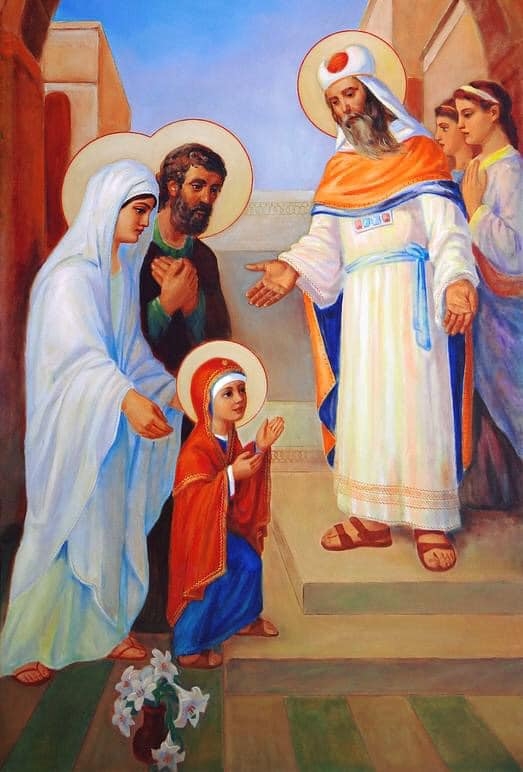
I, John, looked and there was the Lamb standing on Mount Zion, and with him a hundred and forty-four thousand who had his name and his Father’s name written on their foreheads. I heard a sound from heaven like the sound of rushing water or a loud peal of thunder. The sound I heard was like that of harpists playing their harps. They were singing what seemed to be a new hymn before the throne, before the four living creatures and the elders. (Rev 14:1-3, 4b-5)
https://bible.usccb.org/bible/readings/112122.cfm
Music is essential to worship. The Presentation of the Blessed Virgin Mary is a part of early Christian legend. In many Latin American countries there is the custom of the presentation of children at 3 years of age. Today’s music is the Ave María by my late friend and harpist, Donna Germano.
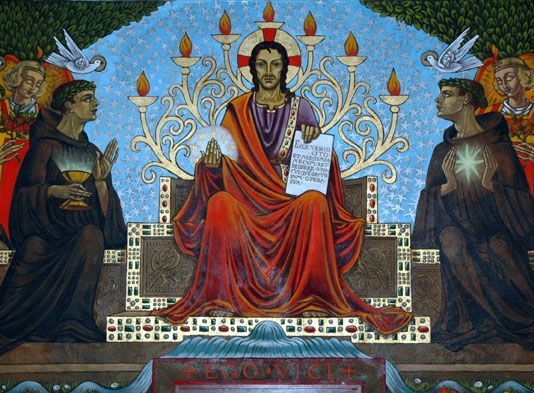
Now one of the criminals hanging there reviled Jesus, saying, "Are you not the Christ? Save yourself and us." The other, however, rebuking him, said in reply, "Have you no fear of God, for you are subject to the same condemnation? And indeed, we have been condemned justly, for the sentence we received corresponds to our crimes,
but this man has done nothing criminal." Then he said, "Jesus, remember me when you come into your kingdom." He replied to him, "Amen, I say to you, today you will be with me in Paradise." (Lk 23:35-42)
https://bible.usccb.org/bible/readings/112022.cfm
I was walking in a cemetery once, and there I saw a tombstone that had in addition to the name and dates of the deceased just two words: “With Jesus.” It is not a question where we will be, but rather with WHOM we shall be. We shall be with Him.
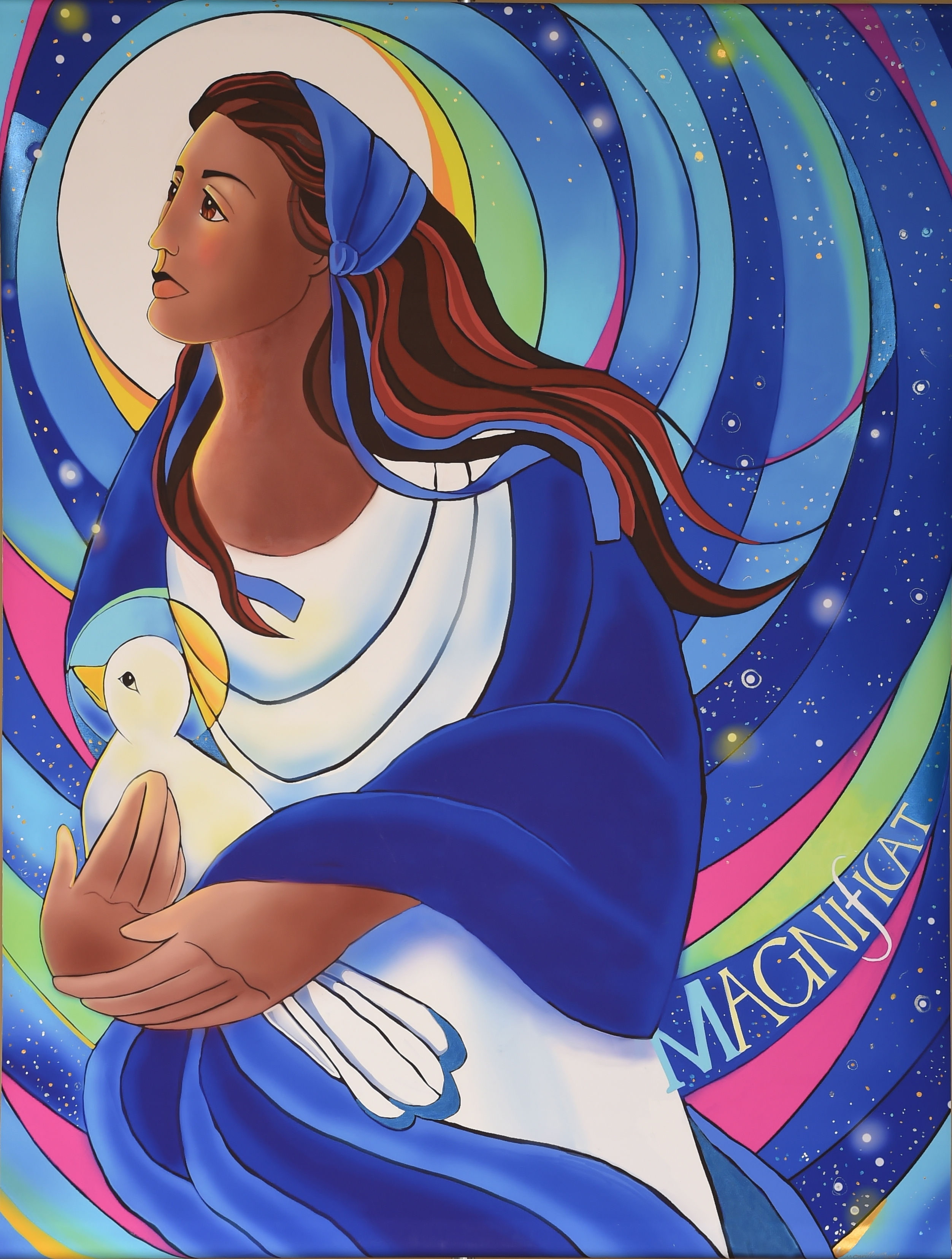
Responsorial Psalm (Psalm 144)
R. Blessed be the Lord, my Rock!
O God, I will sing a new song to you;
with a ten stringed lyre I will chant your praise.
R. Blessed be the Lord, my Rock!
https://bible.usccb.org/bible/readings/111922.cfm
How important are those who compose sacred music and those who play it, and blessed are we who sing God’s praise. The Virgin Mary invites us all to proclaim the greatness of the Lord.



